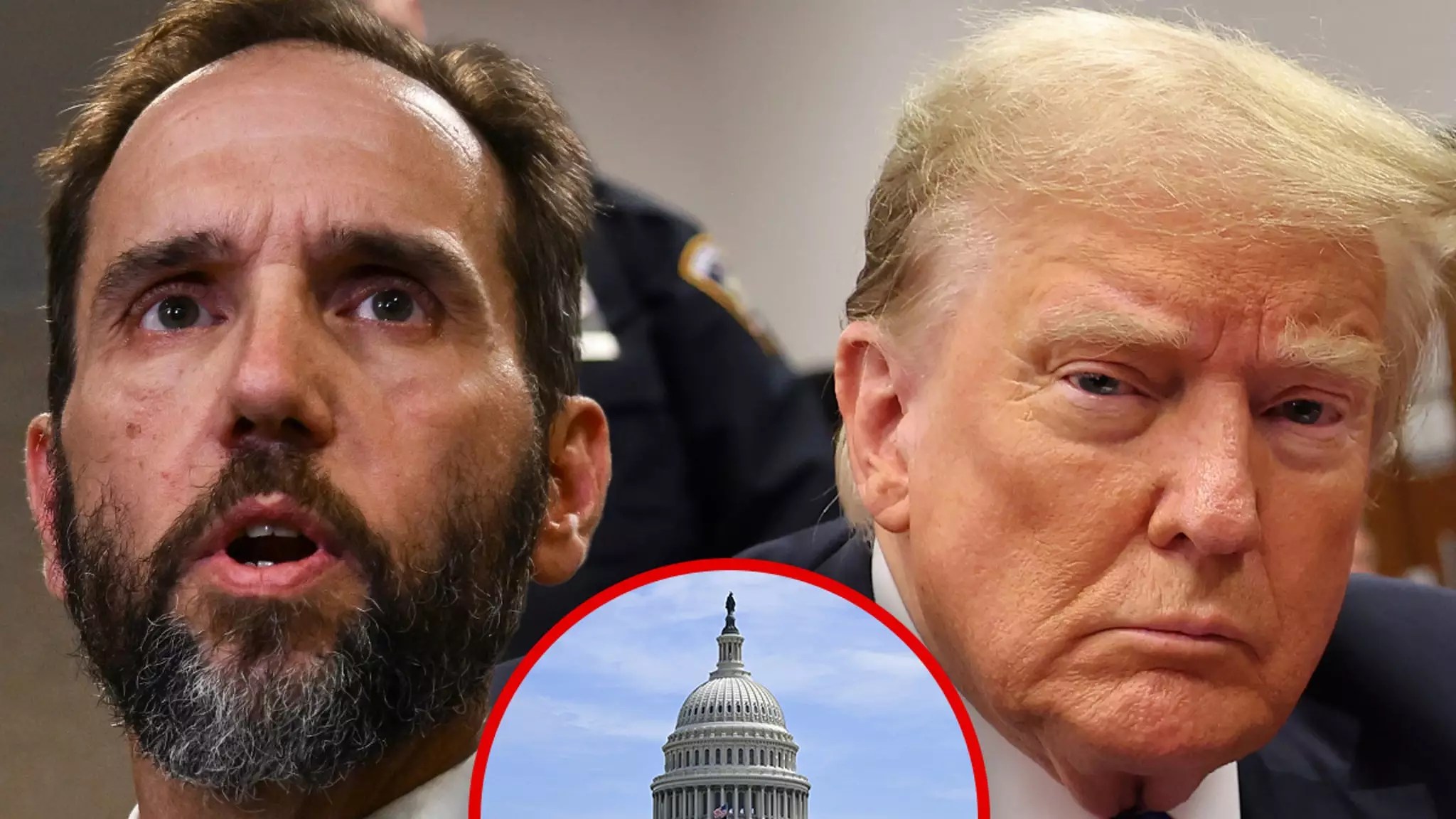The ongoing legal battles surrounding former President Donald Trump have captured the public’s attention, particularly those stemming from his actions related to the January 6th Capitol riot. Special counsel Jack Smith’s recent motion to dismiss the federal election interference case against Trump raises critical questions about the intersection of legal accountability and presidential privileges. As the political landscape shifts, the implications of Smith’s decision may reverberate far beyond the courtroom.
In his official documents, Smith references a longstanding Department of Justice policy that prohibits the indictment of a sitting president. This legal precedent has been a point of contention in the Trump case, and the special counsel’s decision to align with it reflects a strategic approach to navigating the intricacies of the legal system. The assertion that the indictment would violate constitutional norms complicates the pursuit of justice, as it raises concerns about the selective enforcement of the law based on executive status.
The basis for Smith’s request to dismiss the case hinges on the fact that Trump is expected to assume the presidency again on January 20, 2025. This timeframe presents a unique situation where Trump’s legal challenges coincide with a potential return to high office. Smith has emphasized that while the government’s position on the merits of the case remains unchanged, the circumstances surrounding Trump’s election and upcoming inauguration necessitate a reevaluation of prosecution strategies.
The implications of dismissing the case without prejudice are profound. By leaving the door open for re-filing, Smith suggests a dual strategy: one that acknowledges the unique legal protections granted to a sitting president while simultaneously preserving the option to hold Trump accountable in the future. This strategic dismissal could serve both legal and political purposes, allowing prosecutors to retain their options as the political landscape evolves.
However, this maneuver is fraught with risk. Critics may argue that such actions undermine accountability and set a concerning precedent for future presidents. The legitimacy of the law itself is at stake, particularly when powerful political figures appear to evade justice due to their status. The narrative surrounding Trump’s legal battles could significantly influence public perception, raising questions about whether the rule of law applies equally to all citizens, regardless of their position.
The legal proceedings against Trump are emblematic of broader tensions within American democracy. The interplay between justice, political power, and public accountability serves as a litmus test for the resilience of democratic institutions. As Trump prepares for his potential inauguration, Smith’s actions may symbolize a watershed moment that balances the principles of justice with the imperatives of political stability.
Smith’s motion to dismiss the case against Trump momentarily halts a highly contentious legal battle while raising deeper issues about accountability, justice, and the limits of presidential power. As the situation unfolds, it will be crucial to observe how this intersection of law and politics continues to shape the American landscape in the coming years. The ultimate resolution of these issues will likely define not just Trump’s legacy but the fate of American legal principles in a heavily polarized environment.







Leave a Reply